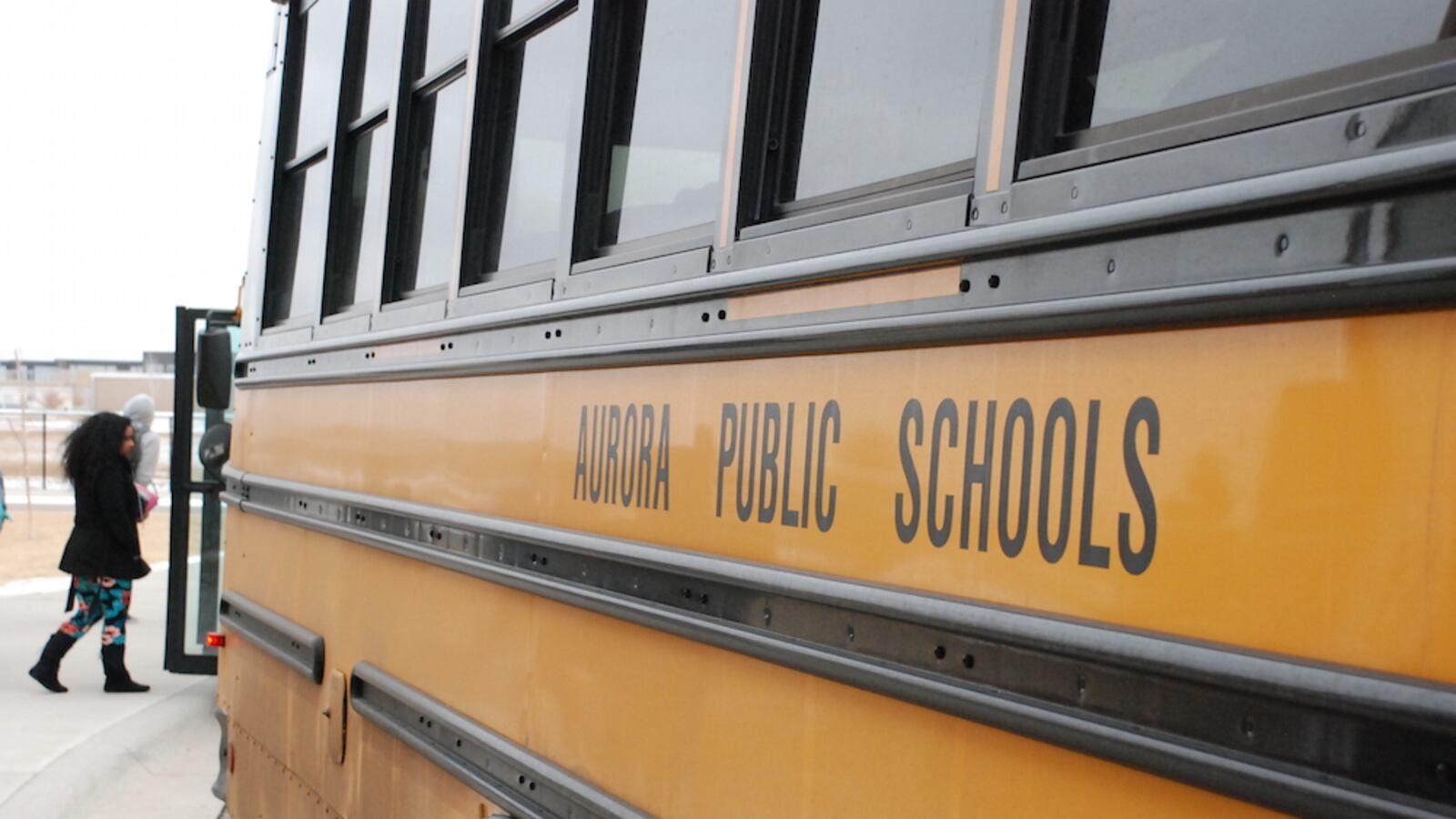The State Board of Education has given Aurora Public Schools the green light to move ahead with freeing some of its struggling schools from bureaucratic red tape in order to improve student learning.
But two board members who voted against the proposal on Wednesday said they were not comfortable backing the plan without more details about how the district plans to use the proposed flexibility.
Those details must come before the state board can give final approval to let Aurora exempt schools from state requirements. The board’s 5-2 vote on Wednesday gave the suburban school district only preliminary approval to create what is known as an “innovation zone.”
The district’s bid reflects Superintendent Rico Munn’s efforts to ward off state sanctions for its schools that are so low-performing that they must either close or be overhauled. Under the state’s school accountability law, schools that are deemed failing for more than five years must close, be turned over to a charter operator or private management organization, or apply for innovation status.
Innovation status confers flexibility around state and district regulations related to school calendars, budgeting, curriculum, and hiring. So far, it has shown only mixed results: A 2014 report found that most innovation schools in Denver, which has more such schools than any other school district in the state, fared no better than schools with no flexibility.
Munn’s pursuit of innovation status is aimed at allowing Aurora to overhaul the schools on his timeline, rather than the state’s.
“What we are asking is that you come alongside us, come alongside our community, come alongside our students and recognizing that we need to start that work now,” Munn said.
Most of Aurora’s 17 struggling schools still have some time before the state must mandate action. But one high school, Aurora Central, has run out the time on Colorado’s “accountability clock.”
After months of debate, Munn convinced the Aurora school board last week that preemptively seeking innovation status from the state board would provide the district the most flexibility and local control.
But while the sate board responded positively to the district’s request, dissenting members Pam Mazanec and Debora Scheffel said they were concerned that the unofficial plan the district asked the board to sign off on was short on details. Mazanec said she thought it was not “appropriate for the board to have a vote at this time.”
Scheffel echoed the same sentiment, adding that she was confused about why the board would need to endorse the APS plan so early on.
“I would want to know the parents are on board with it, the community is on board,” Scheffel said.
Marcia Neal, the state board’s chair, countered by saying that Wednesday’s vote was merely a “gentlemen’s agreement” that would not prevent the board from ultimately turning down Aurora’s request for flexibility.

